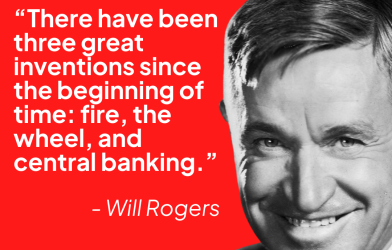In the evolving landscape of work, traditional employment models are being reshaped by the rapid ascent of the gig economy. Defined by its flexibility and decentralized structure, the gig economy encompasses a wide array of freelance and short-term contract work facilitated through online platforms. This paradigm shift not only offers newfound opportunities for workers but also poses challenges to established norms of employment and labor regulations worldwide.
The gig economy has surged in popularity due to several factors. Technological advancements, particularly the ubiquity of smartphones and high-speed internet, have enabled seamless connections between freelance workers and potential clients or employers. Platforms such as Upwork, Fiverr, and TaskRabbit have democratized access to a global marketplace where individuals can offer their skills and services directly to businesses or consumers.
Freelancers now span diverse fields including graphic design, software development, content writing, and even services like dog walking and virtual assistance. This breadth of opportunity allows individuals to leverage their talents across borders and time zones, transcending traditional geographical limitations.
One of the primary draws of the gig economy is flexibility. Freelancers have the autonomy to set their own schedules, choose their clients, and work from virtually anywhere. This flexibility appeals to a wide demographic—from stay-at-home parents seeking supplementary income to digital nomads who prioritize location independence.
Moreover, freelancers often enjoy a variety of projects that challenge their skills and expand their professional portfolios. This constant evolution can lead to accelerated skill development and a deeper sense of fulfillment compared to the monotony of traditional employment.

While the gig economy offers undeniable benefits, its rise has not been without controversy. Traditional employment models typically provide stability through consistent wages, benefits, and labor protections. In contrast, gig workers are frequently classified as independent contractors, potentially missing out on benefits like health insurance, retirement plans, and unemployment benefits.
This classification has sparked debates about labor rights and social safety nets. Critics argue that gig workers may face exploitation, income volatility, and uncertainty regarding their long-term financial security. As a result, policymakers and labor advocates are grappling with how to adapt regulations to protect the rights of gig workers while preserving the flexibility that makes freelancing attractive.
Looking ahead, the gig economy shows no signs of slowing down. As technology continues to advance and remote work becomes more mainstream, the lines between traditional and freelance employment will likely continue to blur. Companies are increasingly turning to gig workers to fulfill specialized roles or scale their operations without the overhead costs associated with full-time employees.
For workers, the gig economy represents a paradigm shift towards greater autonomy and entrepreneurial spirit. Embracing this change requires adaptability and a willingness to navigate the complexities of self-employment.
The gig economy stands as a testament to the transformative power of technology in reshaping how we work and live. While it offers unparalleled opportunities for flexibility and entrepreneurship, it also presents challenges that necessitate thoughtful regulation and social innovation. As society continues to grapple with these dynamics, one thing remains clear: the gig economy is here to stay, and its impact on the future of work will continue to unfold in ways both exciting and unpredictable.













